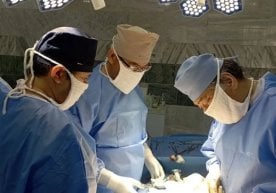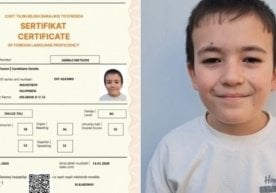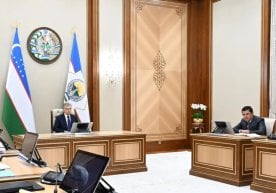Anti-Terrorism Center of CIS Member States: 25 Years of Joint Fight Against Terrorism
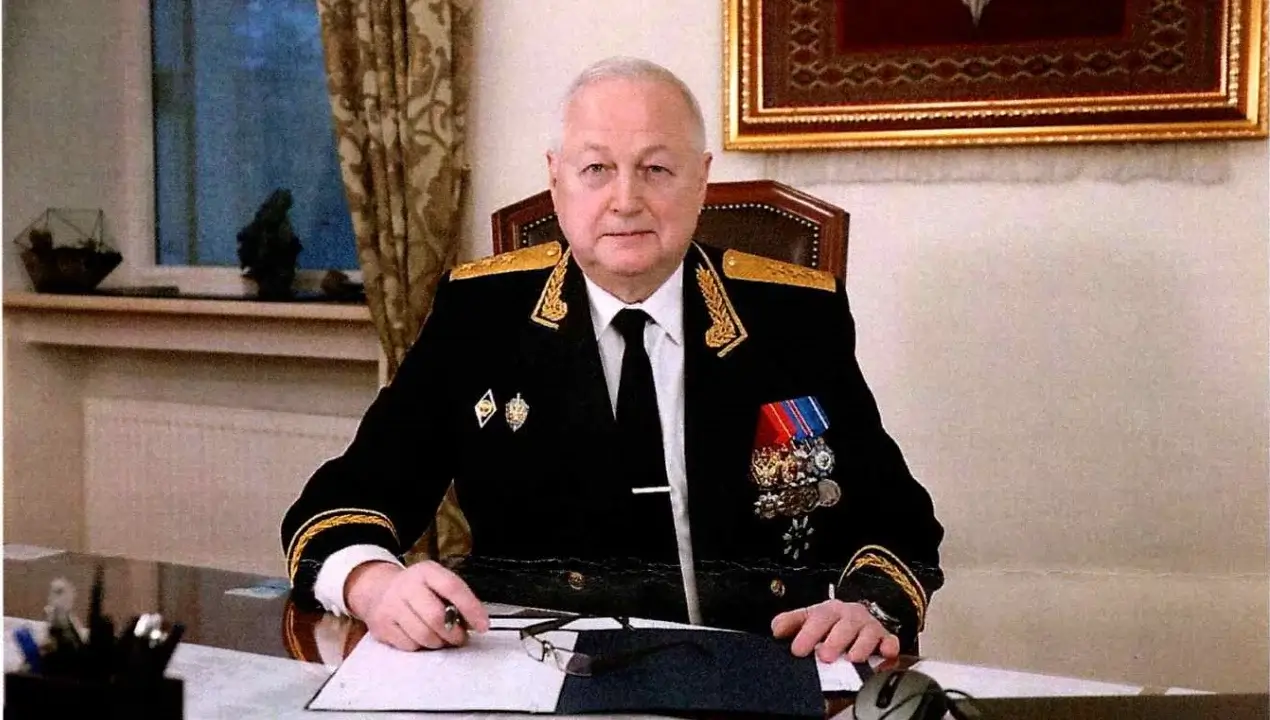
Head of the CIS Anti-Terrorism Center, Colonel-General E. S. Sisoyev
In June 2025, the Anti-Terrorism Center (ATC) of the CIS member states celebrated its 25th anniversary. The decision to establish the Center was made under complex circumstances for the Commonwealth countries. In 1999, several terrorist attacks occurred in Russia, claiming the lives of over 300 civilians. At that time, there were clashes between government troops and militants of the international terrorist organization “Islamic Movement of Uzbekistan” in southern Kyrgyzstan. The organization was recognized as terrorist in the Republic of Kazakhstan, the Republic of Kyrgyzstan, the Russian Federation, the Republic of Tajikistan, and the Republic of Uzbekistan. The same terrorist organization carried out a series of explosions in Uzbekistan.
It became evident that by consolidating resources and coordinating actions, it would be possible to “adequately respond to international terrorism, armed separatism, and other forms of extremism.” This position was reflected in the address of the CIS Interior Ministers Council participants, sent to the leaders of the Commonwealth states during the October 1999 meeting in Kyiv.
At the January 2000 meeting of CIS state leaders, they exchanged views on organizing the fight against international terrorism, taking into account the outcome of the November 1999 OSCE Istanbul Summit. It was decided to develop a targeted program to combat international terrorism and extremism, as well as to create a unified anti-terrorism center. The underlying aim of this decision was the need to form a common counter-terrorism security doctrine and a coordinated implementation mechanism, considering the national interests of all CIS states.
Half a year later, on June 21, at the next meeting of CIS heads of state in Moscow, a number of documents were adopted, including the decision to establish the Anti-Terrorism Center and the Program against international terrorism and other forms of extremism for CIS member states until 2003.
The Center was tasked with forming a solid organizational and legal basis for coordinating and facilitating the fight against terrorism and extremism among Commonwealth countries. As a result of targeted work, this was successfully accomplished.
Among the important documents developed with the direct participation of the CIS ATC are the Concept for Cooperation of CIS Member States in Countering Terrorism (2005) and the Agreement “On Combating Legalization (Laundering) of Criminal Proceeds and Financing of Terrorism” (2007). Other significant agreements adopted within the CIS framework include those on the protection of classified information (2013) and information exchange regarding counter-terrorism and anti-extremism, including financing (2017). Additionally, the Center is the main developer of three-year counter-terrorism and anti-extremism cooperation programs among CIS member states, reflecting urgent security issues.
Over the years, as a result of the Center's cooperation with the CIS Interparliamentary Assembly, more than 100 model legal documents were adopted to bring together and harmonize Commonwealth countries' legislation in the security sphere. Key examples include changes to the model Criminal Code on combating terrorist financing, and amendments to model laws on state borders and border agencies (forces) regarding counter-terrorism. The first-ever “On Border Security” model law developed within the Commonwealth and guidelines for improving security agencies' activities are particularly noteworthy.
All these measures are aimed at creating a unified legal framework for combating terrorism and extremism within the CIS, and improving its effectiveness.
It should be especially noted that the Program for Cooperation of CIS Member States in the Field of Deradicalization for 2025–2027, developed at the initiative of the President of the Republic of Uzbekistan, Sh.M. Mirziyoyev, and adopted at the CIS Heads of State Summit in Moscow on October 8, 2024, is the first mid-term interstate document to focus on systematic joint work countering the ideology of terrorism and extremism, especially among minors and youth.
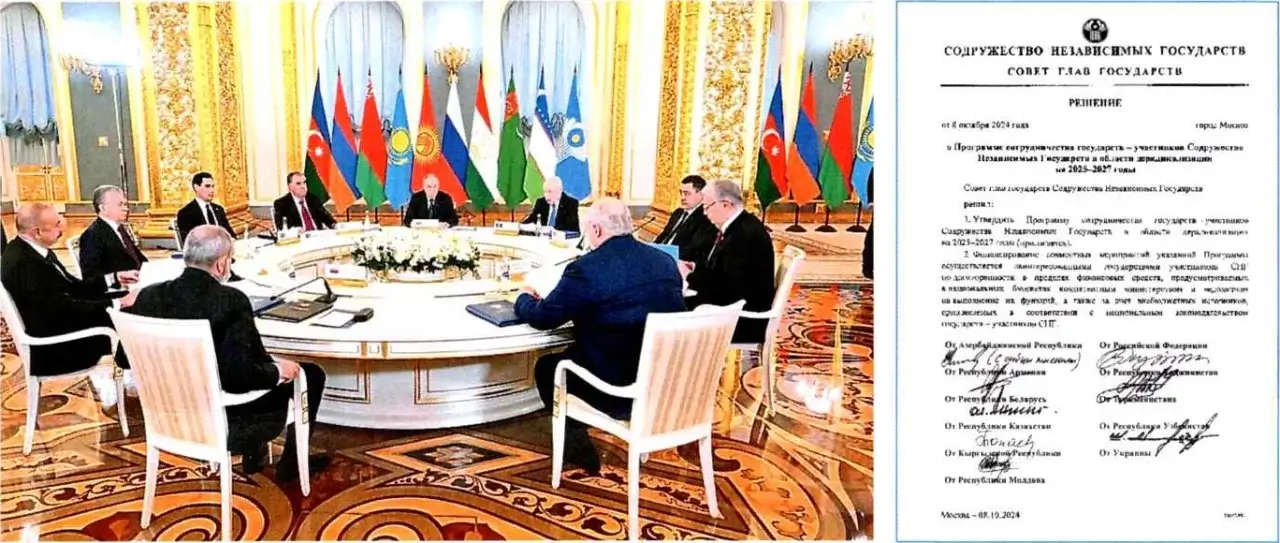
Building upon this legal foundation, the CIS ATC ensures coordination and cooperation among the security agencies of the Commonwealth countries in countering terrorism and extremism. The Center has created platforms for information and experience exchange, enabling participants to “synchronize their watches” and reach agreements on further joint action.
Among such international platforms, the annual meetings of heads (chiefs of staff) of the CIS ATC National Anti-Terrorism Centers, held since 2008, should be specially highlighted. From 2025, this event will be called the joint meeting of chiefs of principal anti-terrorism units of CIS participating states and heads of national entities responsible for counter-terrorism and anti-extremism activities (hereinafter — Meeting of Principal Anti-Terrorism Units Chiefs).
This event allows for regular meetings of the main counter-terrorism actors in the Commonwealth, as well as relevant CIS bodies and international organizations, within which operational situations are assessed and best practices for organizing counterterrorism are exchanged.
Since 2011, the regional expert consultations of counterterrorism structures of Commonwealth countries of Central Asia, organized by the Center, serve as an important platform for experience exchange at the expert level.
An effective mechanism for ensuring cooperation is the regular meetings under the Center’s Head with authorized representatives of CIS states. This platform allows for coordination in joint work and ensures feedback between security agencies and the CIS ATC.
It should be particularly emphasized that the growth of international tensions and the expansion of the geographic scope of terror threats required seeking new forms of coordination and cooperation, involving international organizations and civil society representatives in anti-terrorism activities.
Since 2023, on the initiative and with the organizational support of the Center, a prestigious CIS Conference on Combating Terrorism and Extremism is being held by Commonwealth countries on a rotational basis. The fact that such a high-level event was held for the first time in Kyrgyzstan demonstrated its demand among security agencies and the expert community.
In 2024, the first large-scale Anti-Terrorism Forum, which combined specialized Shanghai Cooperation Organization conferences and the Regional Anti-Terrorist Structure (RATS), held in Tashkent, confirmed the shared interest in deepening professional dialogue and became an important step toward uniting anti-terrorism efforts of the CIS and SCO to ensure security in the Eurasian region.
Our respected Uzbek colleagues have always shown keen interest in developing international cooperation in the field of counter-terrorism, as evidenced by the high level of delegations at all CIS ATC events.
An important element of the established counter-terrorism cooperation system among security agencies is the joint anti-terrorism exercises coordinated by the CIS ATC.
Since its establishment, 20 such exercises have been conducted in 9 countries, during which the joint operational activities and combat coordination of special units were improved to detect and eliminate terrorist threats at border aviation, railway and marine transport facilities, missile-space and fuel-energy industry sites, including nuclear power stations, as well as information infrastructures of major industrial enterprises in places of mass gatherings, and educational institutions.
I especially want to note the anniversary twentieth exercise "Sharq-Antiterror-2024" held for the first time in the Republic of Uzbekistan.
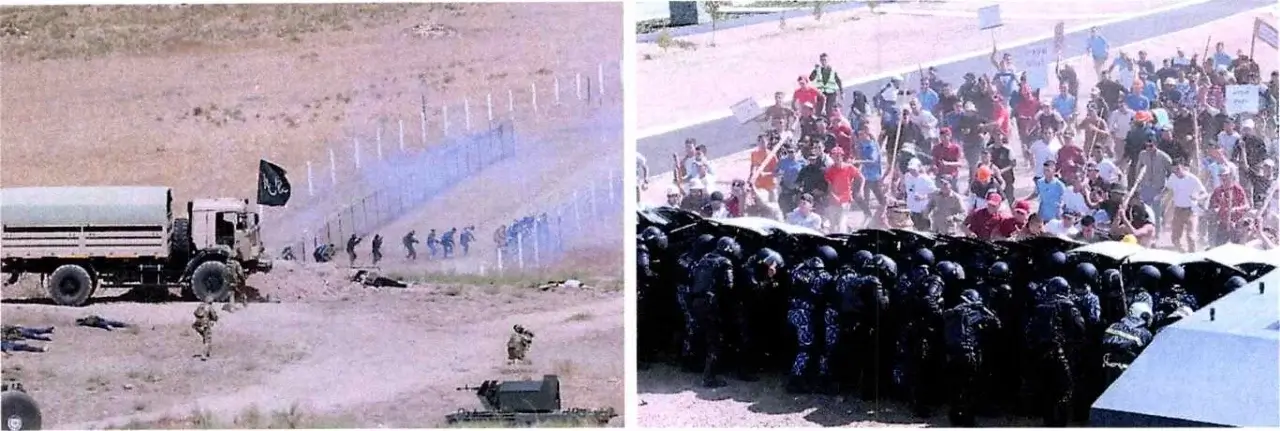
The development of exercise scenarios must take into account real situations and urgent terrorist threats, which is a crucial practical component.
In particular, due to changes in terrorist threats and operational tactics, issues of combating terrorist financing and ensuring cybersecurity are becoming an integral part of the exercises. As a result of cooperation with the CIS financial intelligence units council, from 2024, the information exchange network of authorized agencies participating in the exercises is supplemented with data from the International Center for Risk Assessment of Money Laundering and Terrorism Financing, and the monitoring of terrorists’ associates' cryptocurrency operations is carried out using the “Transparent Blockchain” service.
Given the growing use of cryptocurrencies for illegal, including terrorist and extremist, purposes, this area of cooperation with CIS financial intelligence holds great promise.
The ATC assists CIS member states in interstate search for persons who have committed terrorist and extremist crimes and are hiding from prosecution.
More than 900 terrorists have been apprehended and over 800 individuals involved in financing radical activities identified as a result of special operations carried out in cooperation with special services, law enforcement agencies, and CIS bodies.
Due to the Specialized Information Database (SID), the Center serves as an information hub collecting data from partner agencies, other CIS bodies, and international structures.
The Center pays great attention to providing analytic and informational support to security agencies. Every year, more than 20 analytical studies and reviews on topical counter-terrorism and anti-extremism issues are published. There is particular focus today on prevention among youth, countering the use of unmanned systems for terrorist purposes, and studying practices for critical infrastructure security. Analytical materials prepared by the Center, taking into account new threats, help competent agencies rapidly respond and develop appropriate counter-terrorism measures.
Timely improving the skills of anti-terrorism specialists is of great importance for ensuring regional security. The Center systematically supports such training, involving departmental and non-governmental educational institutions.
Discussing the creation of a multilateral counter-terrorism cooperation system within the CIS, it should be noted that the Center has established close partnerships with the Commonwealth’s relevant agencies. Work is carried out in coordination with the CIS Executive Committee.
The pooling of capacities of relevant agencies allows resources and opportunities to be combined, ultimately having a positive impact on the effectiveness of countermeasures undertaken.
Throughout its activity, the Center has become an integral part of the international anti-terrorism cooperation system. Cooperation has been established with major international organizations covering counterterrorism issues, with relevant memoranda of understanding signed. The Center has observer status at Interpol, the Eurasian Group on combating the legalizing of criminal proceeds and financing of terrorism, and the Council of Europe's Committee on Counter-Terrorism.
The ATC actively cooperates with UN specialized agencies, contributing to the global fight against terrorism. Key partners include the Executive Directorate of the UN Counter-Terrorism Committee, the Analytical Support and Sanctions Monitoring Team of the UN Security Council committees, and the UN Counter-Terrorism Office. Center representatives participate in assessment missions of the UN Counter-Terrorism Committee Executive Directorate in CIS countries, monitoring implementation of UN Security Council resolutions on counter-terrorism by member states.
In 2016, the CIS ATC joined the ATC Global Research Network, and since 2021 has been a member of the UN Global Experts Network on Protection of Vulnerable Targets from Terrorist Attacks.
Last year, with financial support from the Russian Federation and Turkmenistan, the Center contributed to the preparation of the “Manual on the Protection of Critical Energy Infrastructure from Terrorist Attacks” developed by the UN Security Council.
Additionally, the CIS ATC helps the UN Counter-Terrorism Committee Executive Directorate translate the UN’s analytical materials into Russian, thereby ensuring access for Commonwealth countries' security agencies.
The main, “natural” allies of the CIS—SCO RATS and CSTO—are developing cooperation rapidly. Realizing that our objectives and missions largely coincide and our responsibilities intersect, a tripartite Memorandum on cooperation and relations was signed.
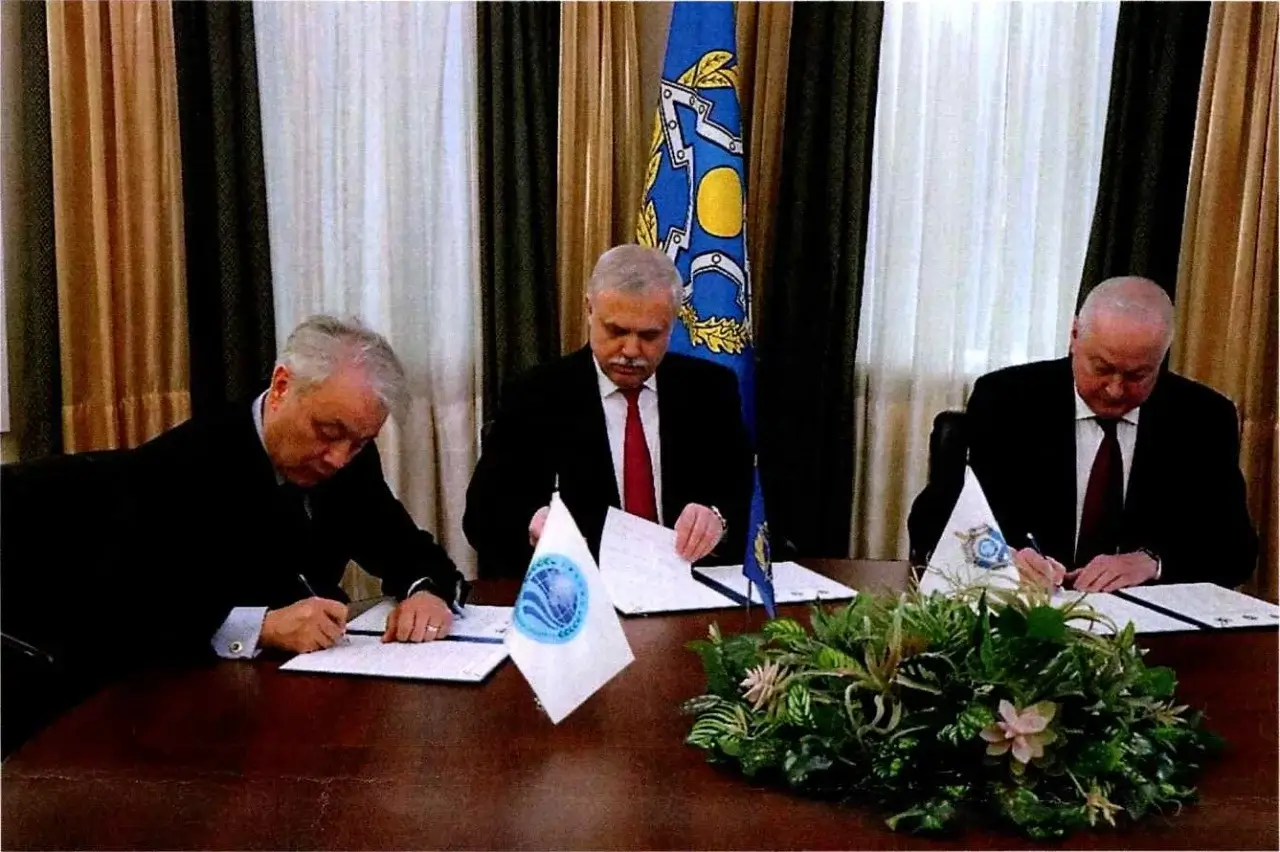
To implement this document and supplement it practically, regular meetings of a standing expert group are held. An important result of the work was the development in February 2022 of a Joint Position of CIS RATS, SCO RATS, and CSTO on Countering Terrorism and Extremism.
In 2023, CIS RATS marked a new stage in cooperation with regional partners—joint anti-terrorist exercises of the CIS and SCO took place for the first time in Kyrgyzstan.
This year, counter-terrorism exercises in Tajikistan will be held jointly with the CSTO. This cooperation format aims to strengthen regional security and improve effectiveness in combating terrorist threats.
The Center pays special attention to strengthening scientific and educational cooperation among Commonwealth countries.
For this purpose, at the initiative of the CIS Executive Committee, the CIS ATC, and the Russian Federation, the Council of Foreign Ministers of the CIS, by decision of October 7, 2024, granted academy status to the Russian Federal Security Service Academy as a base organization (main educational institution) for training counter-terrorism and anti-extremism personnel among authorized agencies of CIS member states.
Within the Center's main activities, a specialized session is held where the heads of departmental scientific and educational institutions consider ways to improve collaboration in training, methodology, and research.
Thus, on June 11, 2025, during the eighteenth meeting of chiefs of principal anti-terrorism units in Moscow, the first meeting of rectors of departmental higher education institutions under the auspices of the CIS Main Educational Institution was held.
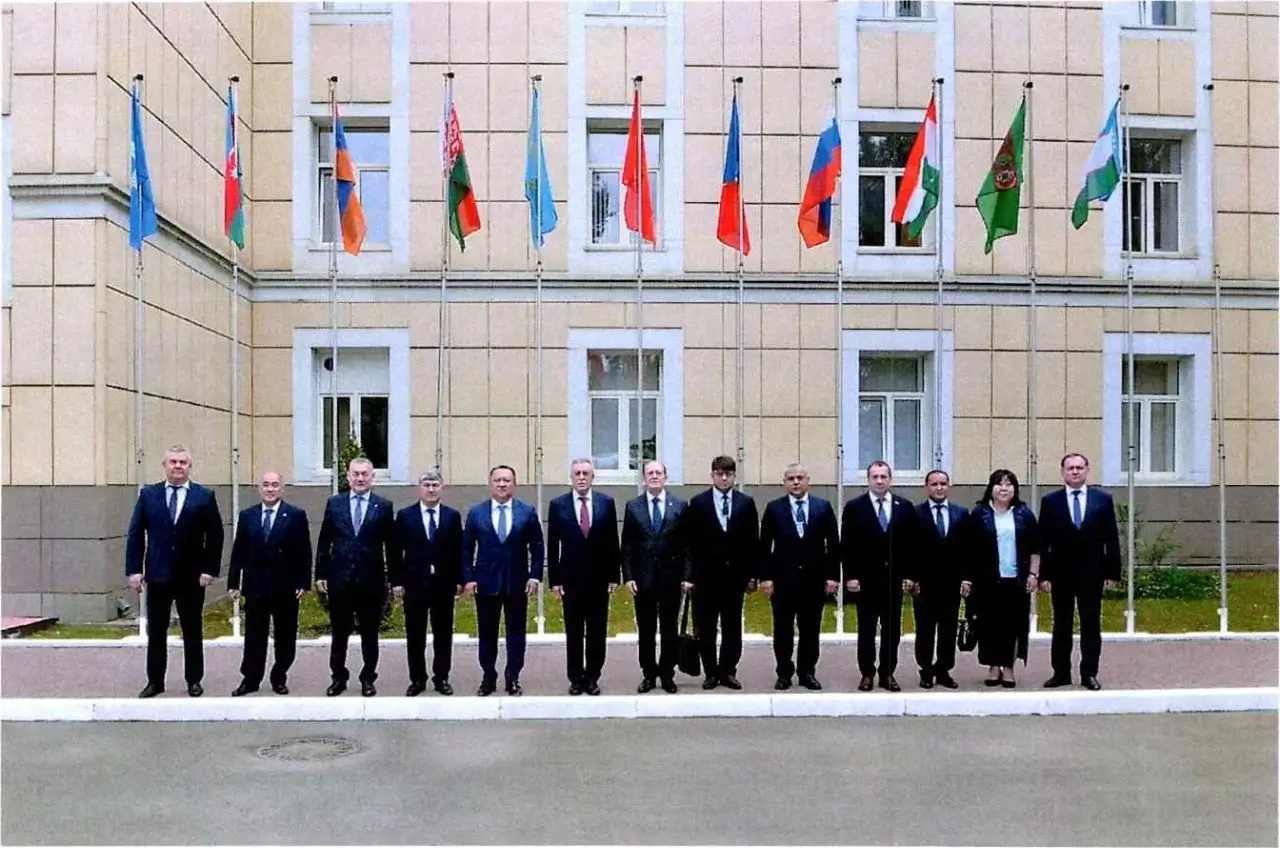
The CIS ATC also actively involves the academic community and civil society institutions in solving counter-terrorism and anti-extremism tasks. The Center cooperates with leading universities and research institutions such as CISU, Lomonosov Moscow State University, the Institute of State and Law of the Russian Academy of Sciences, and the Academy of Military Sciences.
The main platform for cooperation is the Scientific Advisory Council (SAC) under the ATC, which brings together scientists and experts from CIS countries. The SAC includes experts in law, history, philosophy, political science, CIS bodies, and research organizations. The SAC’s work allows combining theoretical knowledge and practical experience to solve specific issues in counter-terrorism and anti-extremism.
The CIS ATC pays special attention to preventing terrorism and extremism among young people, supporting initiatives aimed at fostering an anti-terrorist worldview among students.
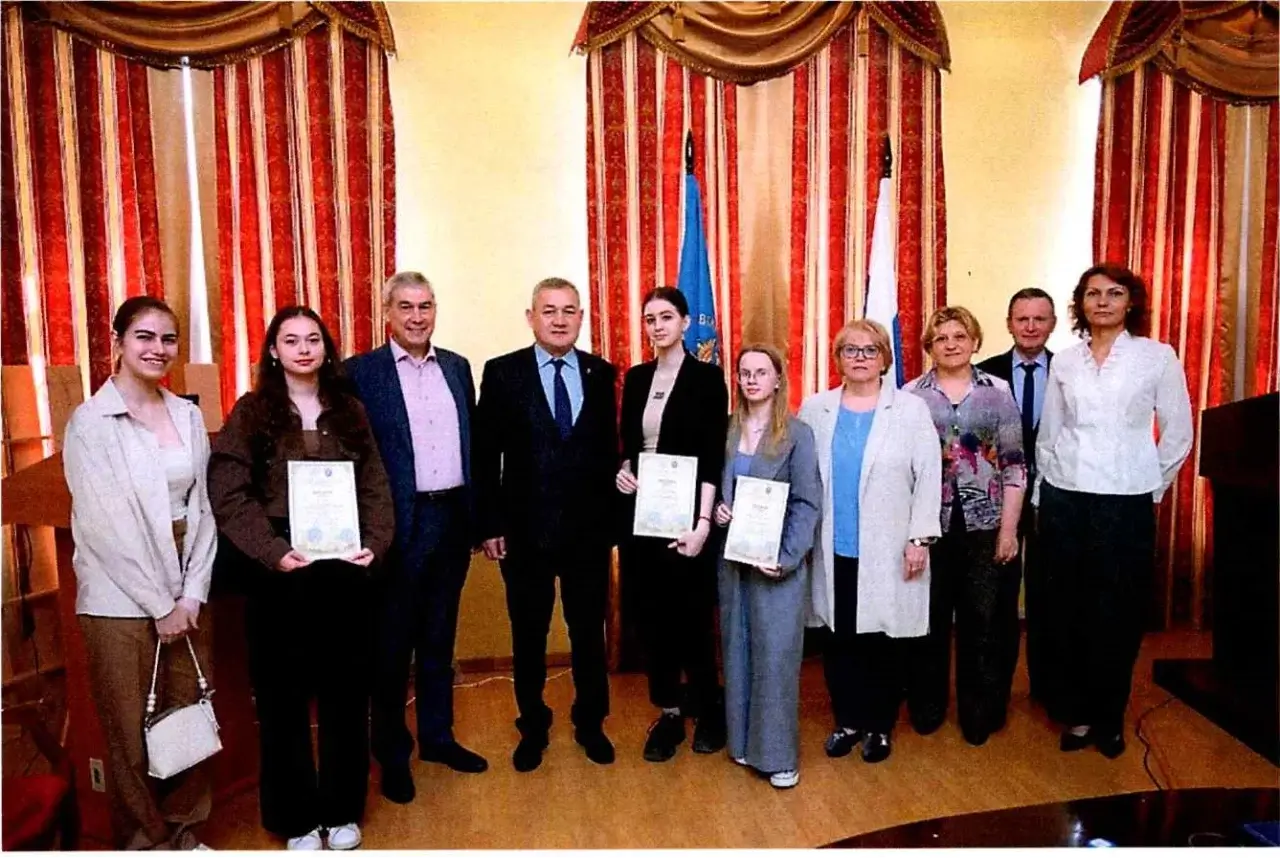
One of the main projects is the annual international competition “Student Shield” held in cooperation with HDLU, which has the status of a CIS base organization for language and culture. The competition aims to foster immunity among youth against the ideas of terrorism and extremism, as well as to support the best student initiatives in this field.
Over five years of the competition, more than 950 students and college pupils from 10 Commonwealth countries, as well as from Vietnam, Guinea-Bissau, Palestine, and Serbia, participated with over 680 works. Partners highly value the role of the ATC and MGLU in spiritual and moral education of youth, fostering counter-terrorist attitudes, and strengthening friendship among peoples.
Thus, despite geopolitical turbulence, the potential for coordination and cooperation among authorized agencies of Commonwealth countries in counter-terrorism and anti-extremism within the CIS has not only been preserved, but also expanded.
Looking back, we are pleased to emphasize that, over the past 25 years, the Center has fulfilled its mission, has been shaped as an essential integration mechanism, and has secured a respectable position among regional and subregional entities.
Such results have been achieved thanks to the commitment of all CIS member states and their special services. At the same time, it should be emphasized that the Republic of Uzbekistan has made and is making a significant contribution to the formation and development of the collective security system within the CIS and to strengthening practical cooperation.
I am convinced that the upcoming fifty-seventh meeting of the Council of Heads of Security Agencies and Special Services of CIS Member States, scheduled for October 16, 2025, in one of the world's oldest cities—Samarkand—will be further proof of this.
Read “Zamin” on Telegram!















